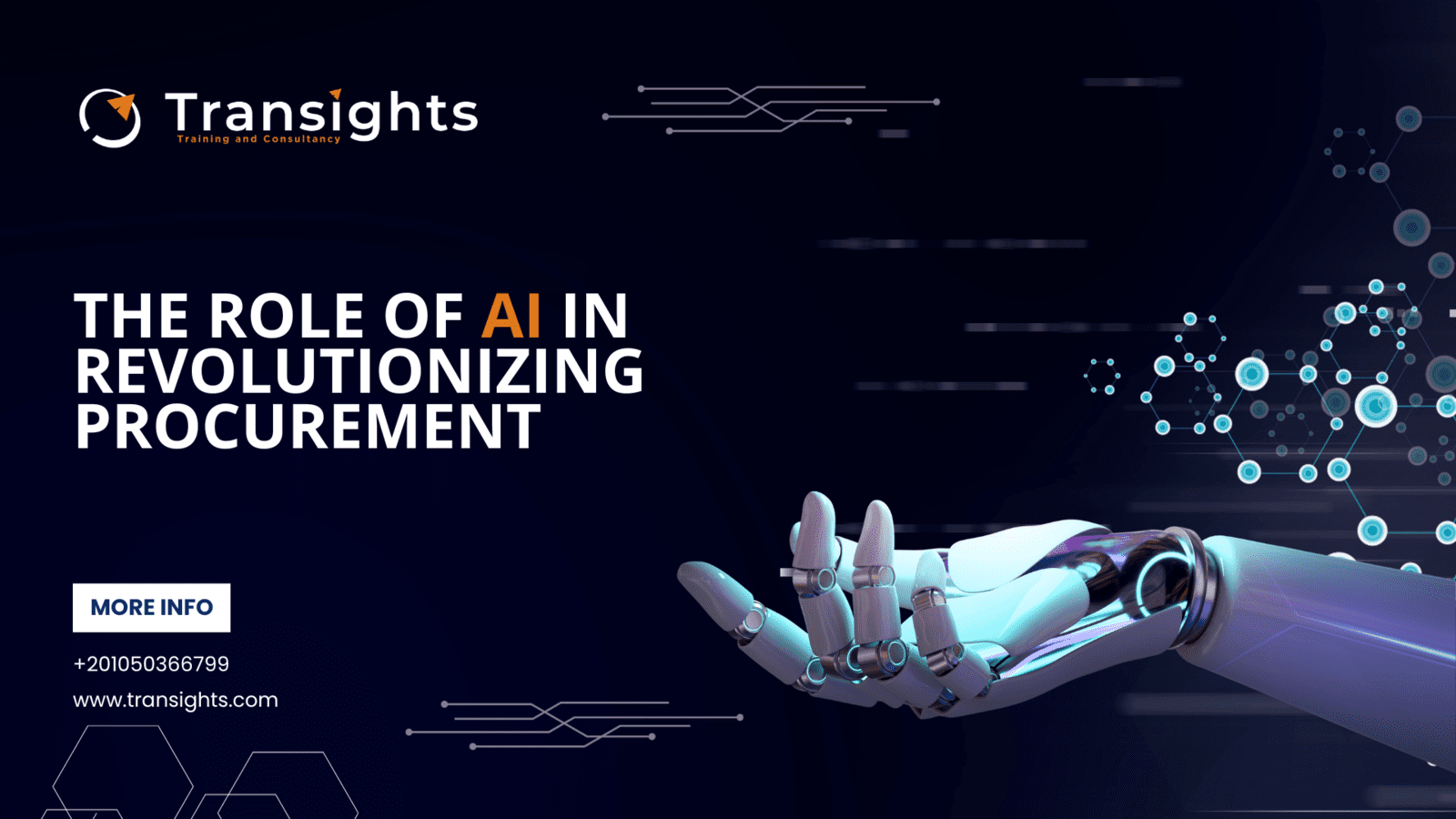
In the fast-paced world of modern business, procurement is undergoing a significant transformation driven by technological innovation. At the forefront of this revolution is Artificial Intelligence (AI), a powerful tool that is reshaping the procurement landscape. In this blog article, we'll explore the impact of AI on procurement processes, from automating routine tasks to enhancing decision-making, ultimately paving the way for more strategic and efficient procurement practices.
Automated Data Analysis: Unleashing the Power of Big Data
Automated Data Analysis: Unleashing the Power of Big Data
Procurement involves managing vast amounts of data, from supplier information to market trends and pricing details. AI-powered algorithms excel at processing and analyzing this data with speed and precision. By automating data analysis, procurement professionals can make informed decisions based on real-time insights, identify cost-saving opportunities, and stay ahead in a rapidly changing market.
Predictive Analytics: Anticipating Market Trends and Risks
Predictive Analytics: Anticipating Market Trends and Risks
AI-driven predictive analytics is a game-changer in procurement strategy. By analyzing historical data and market trends, AI algorithms can forecast future demand, price fluctuations, and potential risks. This foresight enables procurement teams to proactively adjust their strategies, negotiate better deals, and mitigate risks before they impact the supply chain.
Supplier Relationship Management (SRM): Intelligent Decision Support
Supplier Relationship Management (SRM): Intelligent Decision Support
Effective supplier relationship management is critical for procurement success. AI enhances SRM by providing intelligent decision support. It analyzes supplier performance, evaluates risks, and identifies opportunities for collaboration. This ensures that procurement professionals can make data-driven decisions, negotiate favorable terms, and build long-term, strategic partnerships with suppliers.
Smart Sourcing and Vendor Selection: Optimizing Decision-Making
Smart Sourcing and Vendor Selection: Optimizing Decision-Making
AI streamlines the sourcing process by automating vendor selection based on predefined criteria. Machine learning algorithms can evaluate suppliers' historical performance, reliability, and pricing, enabling procurement teams to make optimal choices. This not only saves time but also ensures that procurement decisions align with organizational goals and standards.
Contract Management and Compliance: Ensuring Accuracy and Integrity
Contract Management and Compliance: Ensuring Accuracy and Integrity
AI enhances contract management by automating the review and analysis of contracts. Natural Language Processing (NLP) capabilities enable AI systems to extract relevant information, identify potential risks, and ensure compliance with regulatory requirements. This minimizes the risk of errors and discrepancies, fostering a more efficient and transparent procurement process.
Cost Optimization: Enhancing Efficiency and Reducing Overhead
Cost Optimization: Enhancing Efficiency and Reducing Overhead
One of the key advantages of AI in procurement is its ability to identify cost-saving opportunities. By automating routine tasks, optimizing supplier negotiations, and providing insights for strategic decision-making, AI contributes to overall cost optimization. This allows organizations to allocate resources more efficiently and improve their bottom line.
Real-time Monitoring and Reporting: Enhancing Transparency
Real-time Monitoring and Reporting: Enhancing Transparency
AI enables real-time monitoring of procurement processes, providing stakeholders with up-to-the-minute insights. This transparency enhances accountability, facilitates better communication, and ensures that everyone involved in the procurement chain has access to accurate and timely information. Real-time reporting also supports continuous improvement initiatives within the procurement function.
Conclusion:
Conclusion:
As businesses continue to navigate an increasingly complex and competitive global market, the role of AI in procurement cannot be overstated. From automating routine tasks to providing strategic decision support, AI is driving efficiency, accuracy, and innovation in procurement processes. The organizations that embrace this transformative intelligence are not only reaping the benefits of streamlined operations but are also positioning themselves for success in an era where agility and data-driven decision-making are paramount. The future of procurement is here, and it's intelligent.

